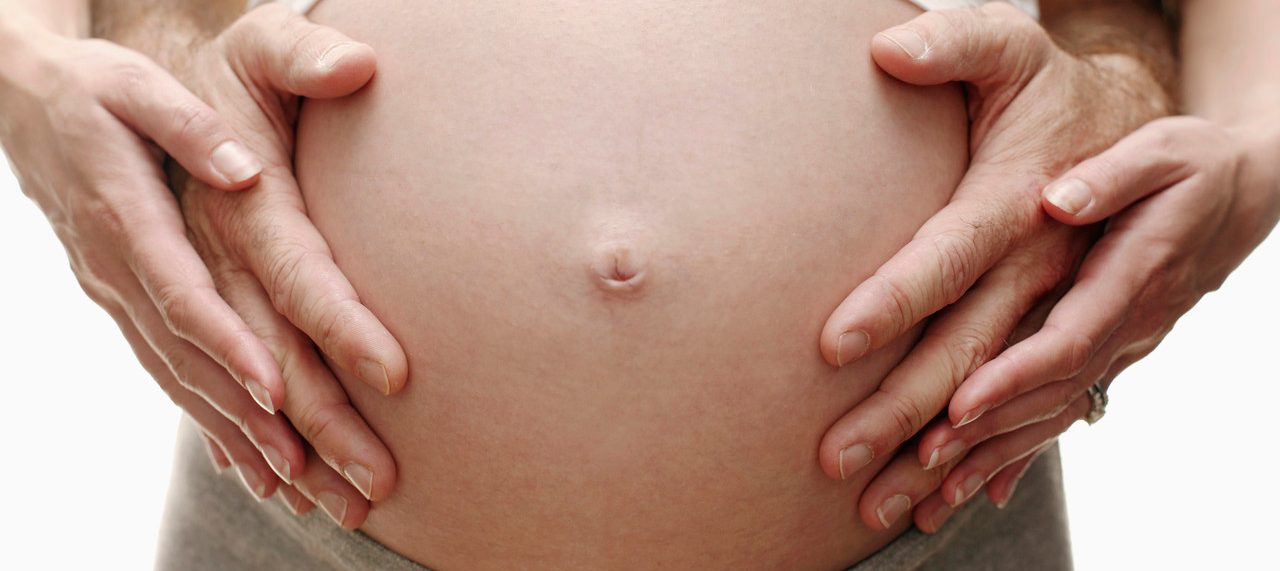9 Pregnancy Myths That Might Surprise You - Myth 2

Claim #2: The shape of your belly indicates whether you’re carrying a boy or girl.
Response: There are a myriad of so-called signs of the sex of your baby. But the shape of your belly isn’t a factual way to know if you are having a boy or a girl. Advances in identifying gender before birth, however, now make finding out whether you are having a boy or girl faster, easier, and earlier than.
Up until a few years ago, an ultrasound between 18 and 20 weeks of pregnancy was the earliest way you could confirm whether you were having a boy or a girl. But an advance in technology — noninvasive prenatal testing (NIPT) – now makes it possible to know the gender of your baby as early as 9 weeks. The simple blood test can also help determine the risk of certain risk factors. It is so accurate that, in 2020, the American College of Obstetricians and Gynecologists began recommending that all pregnant women have a NIPT in the first trimester. Of course, the decision to have the test is personal.
In addition, a variety of over-the-counter gender prediction tests, which use a small amount of blood, are now widely available online (and through some obstetricians’ offices) to see if you are having a boy or girl as early as 5 weeks in a pregnancy. While they tout an extremely high accuracy rate, none are absolutely 100 percent perfect. So, it’s a good idea to talk to your doctor about do-it-yourself gender testing before you decide it’s right for you.
Updated:
June 23, 2022
Reviewed By:
Janet O’Dell, RN